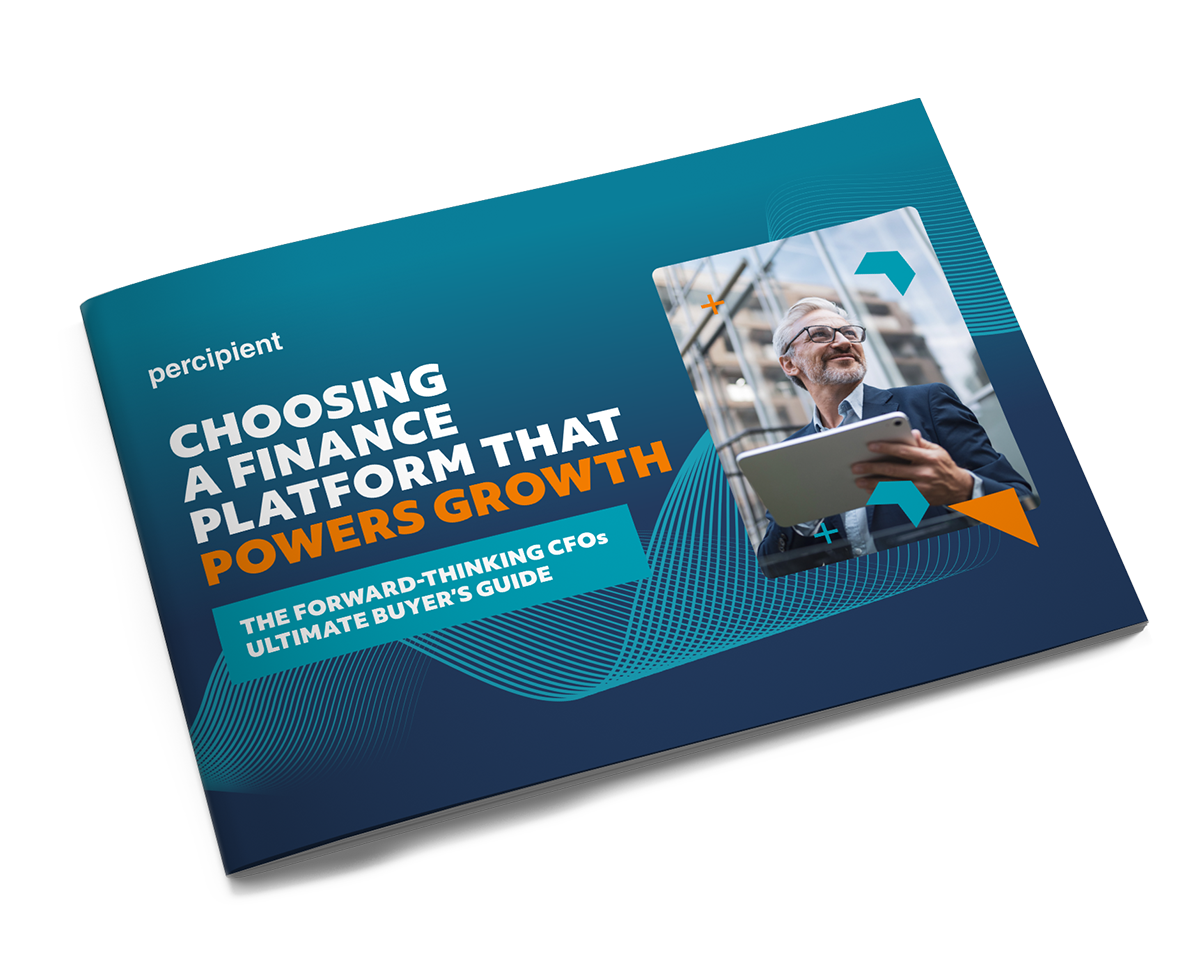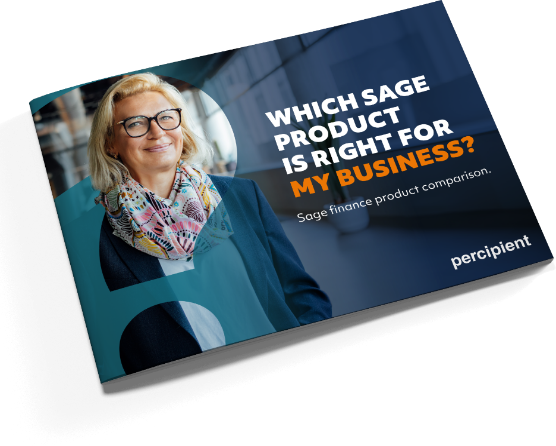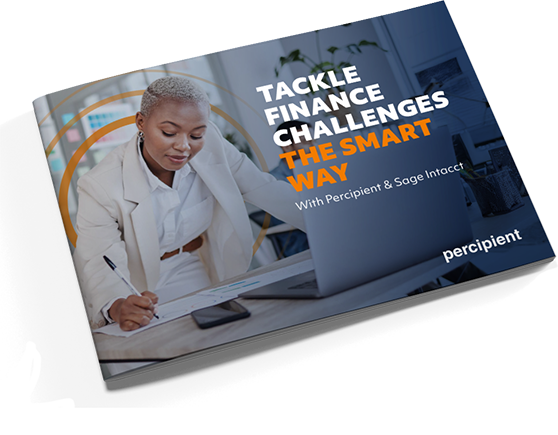From Record Keeper to Value Creator
By Chris Stock, Percipient
A Changing Beat
Few roles are changing as significantly as that of the Chief Financial Officer (CFO). Once focused on number crunching and record keeping, the finance function extends beyond this remit, representing a hub for intelligence and strategic counsel to the business.
In fact, a recent survey by EY indicated that 86% of Financial Controllers expect their role to change “drastically” over the next five years, with 39% anticipating a focus on value creation as part of this shift.
Nowhere is this shift epitomised more than for CFOs in private equity-backed or prospective private equity-backed companies, who are grappling with increased scrutiny.
According to research, private equity firms have traditionally held onto businesses for three to five years. However, this number has steadily increased over the last five years, intensifying competition with other private equity-backed companies and leaving firms working harder to secure investment.
This shift has turned the dynamics of the market around, as in light of this increased level of competition, private equity firms can afford to be highly selective in the deals they secure. They are, therefore, laser-focused on identifying top-performing companies that can not only understand cash forecasting and the levers and growth drivers of the business from multiple perspectives but can deliver high-quality, granular reporting to illustrate these dynamics to shareholders.
Investors are now much more interested in understanding the ‘how’ and ‘why’ behind certain financial and operational trends rather than simply accepting the ‘what’ at face value.

Intelligent Forecasting
As private equity firms dig deeper for value creation and explore new ways to drive growth, deciding which firms to invest in has moved beyond anecdotal evidence and intuition and is resolutely focused on detailed data-driven analysis, intelligence, and transparency.
Investors are now much more interested in understanding the ‘how’ and ‘why’ behind certain financial and operational trends rather than simply accepting the ‘what’ at face value.
Data-Driven Decisions
Against this backdrop, CFOs have a critical role in supporting growth strategies. According to PwC, 40% of private equity portfolio companies state that digitising and/or automating more areas of their company is their top strategy for creating value.
As a baseline, they must be able to produce data-backed analyses of business growth and future earnings. While investors won’t expect a picture of a perfect business, they will expect an honest, transparent view. Ambiguous or hard-to-explain events and expenditures will quickly be queried and risk derailing a deal.
Those who have access to insights that demonstrate how operational efficiency can be balanced against innovation and the agility to exploit growth opportunities will inevitably win finance deals hands down over their less informed counterparts.
Beyond Accounting Systems
While accounting systems are a step in the right direction when it comes to delivering this, the level of digitisation must extend beyond basic financial management capabilities. In a world where CFOs are expected to forecast and predict revenue and cash flow challenges with increasing accuracy, traditional processes, spreadsheets, or outdated systems won’t cut it.
To deliver the required level of intelligence and forward planning, the modern CFO should focus on instilling automation, advanced analytics, intelligence, and a cloud platform that is easy to integrate with other business systems and has the potential to leverage AI opportunities. Encouragingly, according to Gartner, AI is already part of the fabric of the finance function, with 58% using the technology in 2024, rising from just 37% in 2023.
To deliver the required level of intelligence and forward planning, the modern CFO should focus on instilling automation, advanced analytics, intelligence, and a cloud platform that is easy to integrate with other business systems and has the potential to leverage AI opportunities.
Setting the Bar
While the right digital capabilities won’t necessarily increase a company’s valuation when it comes to private equity investment, they will substantiate a valuation and ensure that it stands out in an increasingly crowded market.
Perhaps more importantly, the ability to deliver intelligent insights to inform business strategy and transparent reporting to garner stakeholder trust and confidence sets the bar for CFOs across the board. As the role of the CFO continues to evolve, having the right digital toolkit for the task will undoubtedly separate the leaders of tomorrow from their less digital-savvy peers.
Cloud Accounting for Private Equity CFO’s
If you would like more information on how Sage Intacct helps private equity firms optimise and automate financials across a portfolio, contact Percipient or call the team on 01606 871332 today.




